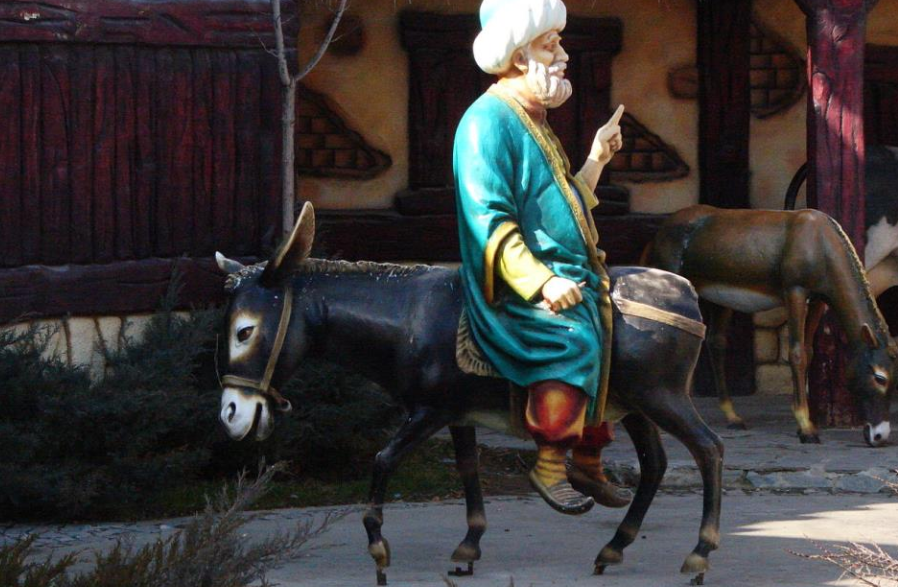
Origianal article in Greek here
Kate Cleride's book, recently published by the Cypriot publishing house «Heterotopia», is entitled «Building Bridges in a Polarized World and Divided Cyprus» and is written in English. I had the honour and joy to present it on Friday afternoon at the Home for Cooperation, together with my friend and talented director, Mine Balman, and PRIO's director, Harry Tzimitras, under the coordination of professor/MEP, Niyazi Kızılyürek. The Home for Cooperation was eventually proven to be too small to accommodate everyone arriving from both sides of the Green Line for the presentation. I believe that it will soon be translated into at least two additional languages: Greek and Turkish. Thus, the book itself, in the same way as Kate Cleride's life, which is devoted to the idea of peaceful coexistence, will become a bridge for our country and our region.
From the first pages of her book, she sets out one of the first values her parents taught her: «There are two sides to every story. Avoid making judgements until you've heard them both». (p. 4). Since the unforgettable Glafkos Clerides liked anecdotes and witticisms, I started my presentation with a story of Nasreddin Hodja that fits nicely to the humorous understanding of this value. The Hodja acts as a judge between two persons. After listening to the first one, he tells him: «You are right». He then listens to the second one and tells him: «You are also right». A third person listening to them tells to the Hodja: «My Hodja, it can't be that both sides are right». «You are also right», says the Hodja. The book is an easy read without being simplistic.
One of its core strengths is the narration of Kate Cleride's long and multi-level experience as a politician, elected MP, peace activist and fully committed Citizen with a capital C to the goal of reconciliation and the reunification of Cyprus. In her book she records the reality of a constant, painful and yet at the same time relieving process, through which we confront ourselves, our truths, our effort to understand other people's truths and our effort to find a balance, a consensus. Because, what actually runs through Kate's book, is her anxiety as to how we can overcome the frightening deficit of understanding and communication between the island's two largest communities, where each one of them considers itself to be the «privileged Other» of their recent common history.
During the last thirty years, the basic tool Kate utilized to outline her pathway was conflict resolution. And yet, the book does not simply analyse the method theoretically. On the one hand, it processes ideas and notions such as: «half-truths; «dominant narratives»; «the truths of the others»; «mutual understanding»; «multi-facetism»; and «empathy», or it records the skills and communication techniques of a conflict mediator such as: «remaining calm», even when someone is listening to something outrageous; active/careful listening; confidentiality; open-ended questions; honesty; and in-depth discussion that does not allow contentious facts, needs, feelings and other interests to stay under the carpet. On the other hand, the experience of Cyprus´s conflict itself led her to search for and discover tools that would contribute to the recovery of the traumatized Cypriot society. Moreover, she connects Cyprus's case with other international examples, such as South Africa, Israel and Palestine and Ireland, to demonstrate that we are not the only ones on earth that must confront our past in order to change our present and future.
In addition to formal mediation, which occupies a substantial part of the book, Kate Clerides perceives citizens themselves, each one of us, as mediators, as agents of change, firstly of ourselves and then of our surrounding world. According to Kate, we are a «universal community» charged with the responsibility to restore dignity to the groups that suffered, through recognizing the crimes and injustices that were committed against them or through raising other communities' awareness in relation to the wrongs they committed and helping them recognise their liability. Responsibility also concerns our role as mediators between different cultures. Kate mentions herself as an example, being a child of an English-raised Indian mother and a Cypriot father, born on a multi-ethnic island between the West and the East. A bridge could be built extending above the stereotypes that were created in the past or are still being produced by the dominant political choices. However, the effort from the bottom-up does not suffice. After thirty years of experience in Cyprus, Kate Clerides is not naive. This is why she believes that our leaderships are hugely responsible, since they never systematically supported the building of trust and mutual understanding, nor they attempted a top-down approach to the problem. On the contrary, they made nationalism state ideology and an internalized attitude to life.





